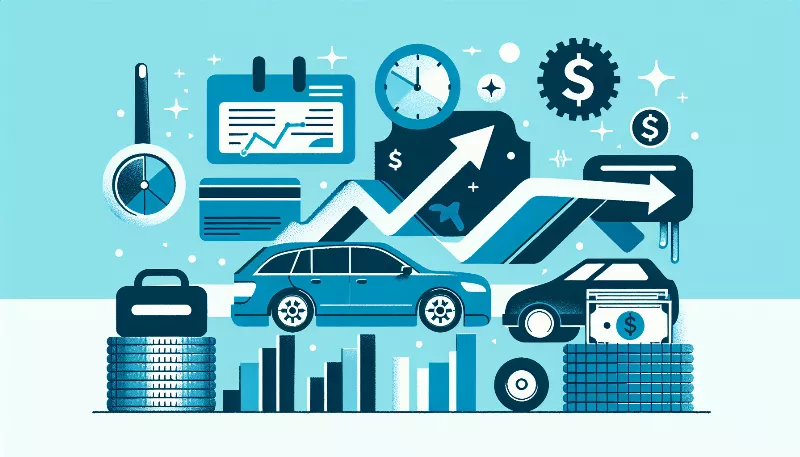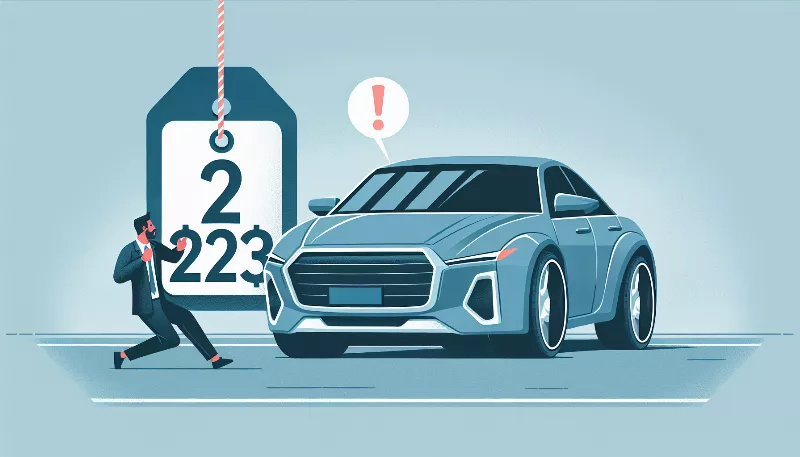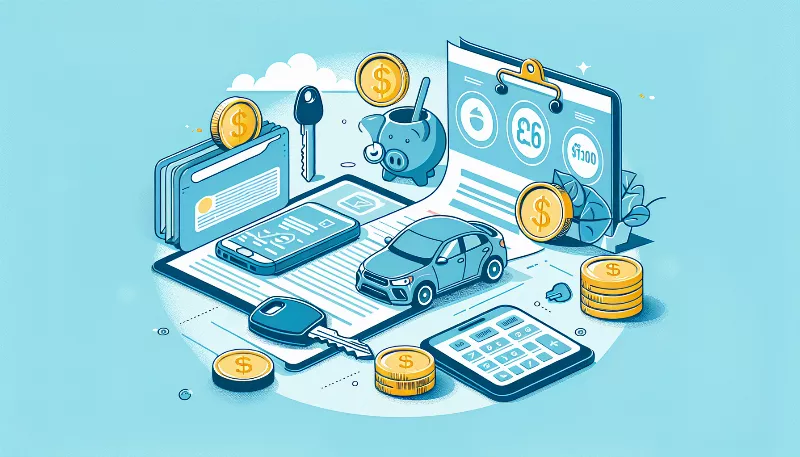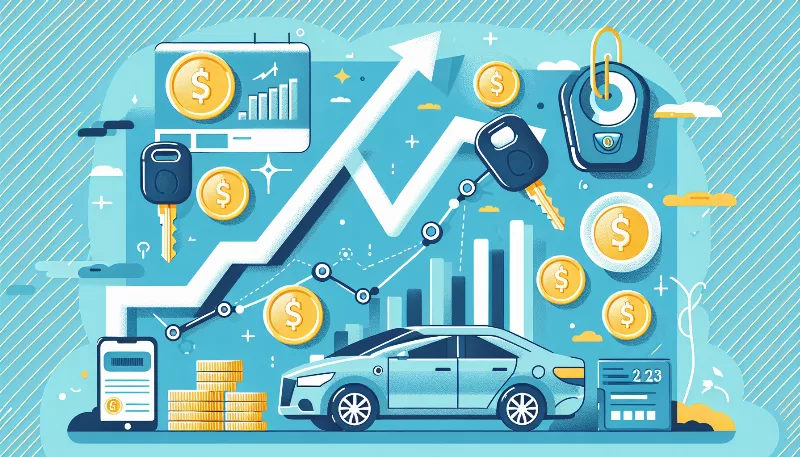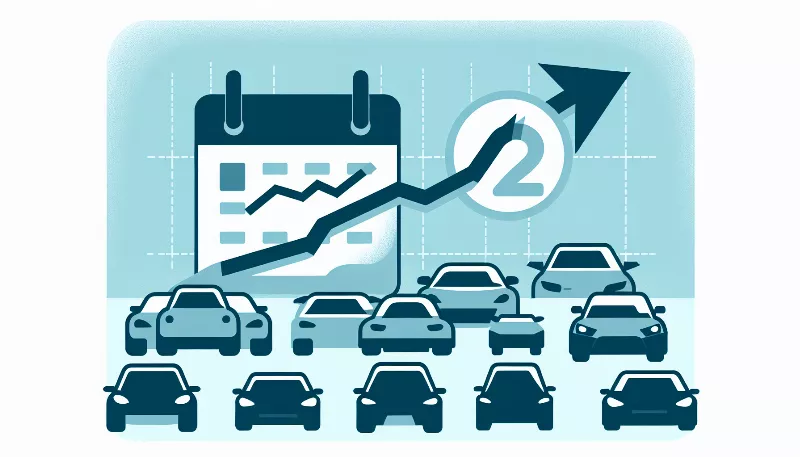How do you determine the fair market value of a used car?
Unlock the secrets to valuing used cars with our expert tips! Learn how to gauge fair market value and get the best deal. Drive smart, buy right!
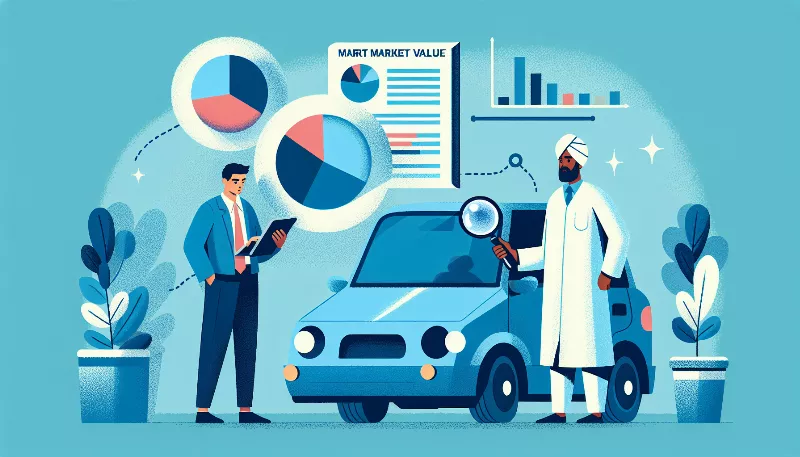
Unlocking the Secrets to Fair Market Value of Used Cars
Are you in the market for a pre-owned vehicle, or perhaps looking to sell your current ride? Determining the fair market value of a used car can seem like a daunting task, but fear not! With the right approach and tools at your disposal, you can confidently navigate the valuation process. Let's dive into the exciting world of used car valuation and ensure you get the best deal possible!
The Starting Line: Understanding Fair Market Value
Before we hit the gas on specifics, let's understand what 'fair market value' (FMV) really means. FMV is the price that a knowledgeable, willing, and unpressured buyer would likely pay to a knowledgeable, willing, and unpressured seller in the market. It's the sweet spot where the interests of both parties meet, ensuring a fair transaction.
Research is Your Best Co-Pilot
Embarking on your valuation journey begins with research. Dive into online resources like Kelley Blue Book, NADA Guides, or Edmunds. These platforms are treasure troves of information, providing estimates based on make, model, year, mileage, condition, and geographical location. Remember, knowledge is power, and in this case, it translates to dollars and cents!
Condition Check: The Heartbeat of Your Car's Value
The condition of your vehicle is a critical factor in determining its worth. Start with a thorough inspection, both inside and out. Check for any dents, scratches, or rust, and don't forget to peek under the hood for any mechanical issues. A professional mechanic's assessment can provide invaluable insights into your car's health and, consequently, its value.
Local Market Trends: The Pulse of Supply and Demand
Your local market can significantly influence the FMV of your used car. Supply and demand fluctuate, and so do prices. For instance, convertibles might fetch a higher price in sunny California than in snowy Minnesota. Keep your finger on the pulse of local listings to gauge how similar vehicles are priced in your area.
Timing is Everything
Just like the stock market, timing can impact the value of used cars. Convertibles sell for more in the summer, while SUVs and trucks may see a spike in demand during winter months. Timing your sale or purchase with seasonal trends can lead to a more favorable valuation.
Professional Appraisals: The Expert Touch
If you're looking for a more precise valuation, consider a professional appraisal. Certified appraisers can offer a detailed report on your vehicle's worth, taking into account all the nuances that online tools might miss. This small investment could pay off by providing a solid benchmark for negotiations.
Final Lap: Test the Market
Armed with your research, it's time to test the waters. If selling, list your car at a competitive price based on your findings. If buying, make offers that align with the FMV you've determined. Be prepared to negotiate, and remember that the fair market value is a guide, not a rule set in stone.
In conclusion, determining the fair market value of a used car is an exhilarating journey that requires a mix of research, understanding of market trends, and sometimes professional help. By following these steps, you'll be well-equipped to navigate the twists and turns of the used car market. Buckle up and enjoy the ride to a successful sale or purchase!


